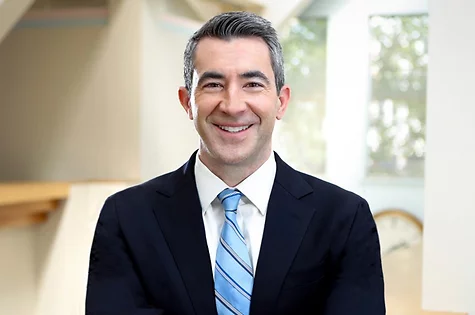Creditor Claims in Connecticut Probate Court
By: Philip C. Pires
If you or your business had a claim against someone that is now deceased, you must ensure that you properly preserve your claim by timely asserting it in the decedent’s probate estate.
Once the fiduciary of the decedent’s estate is appointed by the Connecticut Probate Court, the estate will issue a Notice to Creditors for publication within 14 days of the appointment of the fiduciary. The fiduciary – typically, either an administrator or an executor – is the person who is responsible for managing the estate, dealing with creditors, and ultimately making distributions to the beneficiaries at the estate. The notice will direct creditors of the decedent to present their claims to the fiduciary. The fiduciary also may specifically notify any person that the fiduciary believes may have had a claim against the decedent.
The creditor’s claim must be made in writing, and the fiduciary may require that the creditor present proof by an affidavit establishing that the amount of claim is due and payable, that all prior payments have been credited, and whether the creditor is holding any security for the claim.
If the creditor does not present the claim within 150 days from the date of the appointment of the first fiduciary of the estate, then the fiduciary is not personally chargeable for any assets paid in satisfaction of other claims, expenses, or taxes, or distributed to any beneficiaries, as long as such payments were made in good faith and before a late-filed claim was present. Thus, a creditor should submit the claim within the 150-day period to ensure that the creditor’s rights are fully protected.
After the creditor submits a claim to the fiduciary, the fiduciary must take a formal position on the claim before the creditor may pursue legal action (such as a lawsuit). The fiduciary can accept, reject, or pay the claim. If the fiduciary fails to respond to the claim within 90 days, then the creditor can give a second notice requesting that the fiduciary take action on the claim in 30 days, or the claim will be deemed denied. If the fiduciary still does not respond, the claim will be deemed denied, and the creditor can then pursue legal action on the claim.
If a creditor’s claim has been denied, the creditor has two options to pursue the claim further. The creditor can either request a hearing in the probate court on the claim within 30 days of the denial. Alternatively, the creditor can file a lawsuit in Connecticut Superior Court within 120 days of the denial of the claim.
If you are a creditor with a claim against a decedent’s estate, we recommend that you consult with one of the firm’s experienced probate litigation attorneys to ensure that your rights are preserved. Please contact us for a consultation.
Practice Areas
Attorneys
- Principal

